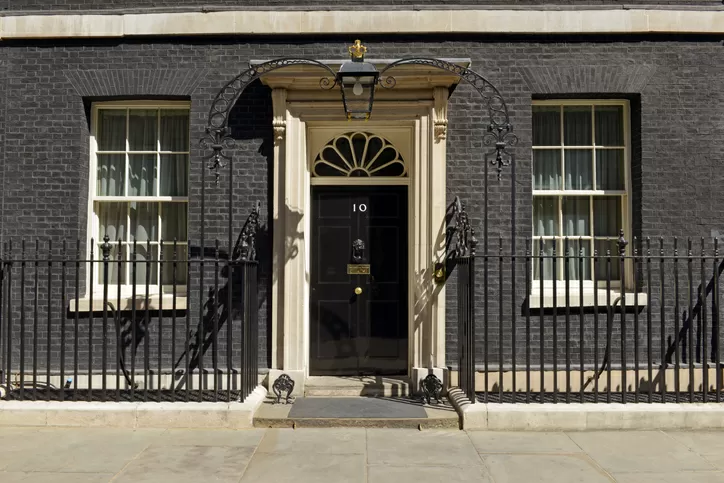As the General Election 2024 approaches, the political landscape in the UK is heating up. With each party vying for the votes of the public, it’s important for small business owners to pay attention to the policies being proposed. After all, small businesses are the backbone of the UK economy, and their success is crucial for the overall growth and prosperity of the country.
So, what are the parties pledging when it comes to small businesses? Let’s take a closer look at the policies that could potentially affect small business owners in the UK.
The Conservative Party, led by Prime Minister Boris Johnson, has promised to continue their support for small businesses. They plan to cut business rates for small retailers, pubs, and cinemas, which will provide much-needed relief for struggling businesses. They also plan to introduce a new tax relief for businesses investing in new equipment, which will encourage growth and innovation.
The Labour Party, led by Keir Starmer, has pledged to increase the minimum wage to £10 per hour for all workers, including those under the age of 18. This could potentially benefit small businesses by increasing the spending power of their employees. They also plan to introduce a new tax on large corporations to fund public services, which could potentially level the playing field for small businesses competing with big corporations.
The Liberal Democrats, led by Ed Davey, have promised to create a new ‘start-up allowance’ for entrepreneurs, which will provide financial support for those starting a new business. They also plan to introduce a new ‘skills wallet’ for every adult, which will give them access to funding for training and education. This could potentially benefit small businesses by providing them with a more skilled and qualified workforce.
The Green Party, led by Caroline Lucas, has pledged to introduce a universal basic income for all citizens, which could potentially benefit small businesses by increasing consumer spending. They also plan to introduce a ‘Robin Hood Tax’ on financial transactions, which will provide additional revenue for public services. However, this could potentially have a negative impact on small businesses that rely on financial services.
The Scottish National Party (SNP), led by Nicola Sturgeon, has promised to increase the employment allowance for small businesses, which will reduce the cost of hiring new employees. They also plan to introduce a new ‘Scottish Business Development Bank’ to provide financial support for small businesses. This could potentially benefit small businesses in Scotland by providing them with easier access to funding.
It’s clear that each party has their own vision for the future of small businesses in the UK. But what do these policies mean for small business owners? It’s important to carefully consider each party’s proposals and how they could potentially impact your business.
One thing is for sure, the General Election 2024 will have a significant impact on the small business landscape in the UK. As a small business owner, it’s important to stay informed and make your voice heard by voting for the party that aligns with your values and priorities.
In addition to the policies proposed by the different parties, there are also other factors that small business owners should keep in mind. For example, Brexit and its potential impact on trade and regulations could have a significant effect on small businesses. It’s important for small business owners to stay updated on the latest developments and plan accordingly.
Despite the uncertainty and challenges that lie ahead, it’s important for small business owners to remain positive and resilient. Small businesses have always been the driving force behind the UK economy, and with the right support and policies in place, they will continue to thrive and contribute to the growth and prosperity of the country.
In conclusion, the General Election 2024 will have a significant impact on small businesses in the UK. Each party has their own vision and policies for supporting small businesses, and it’s important for small business owners to carefully consider these proposals and make an informed decision when casting their vote. But no matter the outcome, small businesses will continue to play a crucial role in the UK economy, and with determination and perseverance, they will overcome any challenges that come their way. So, let’s stay positive and keep supporting our small businesses – they are the heart and soul of our country.

